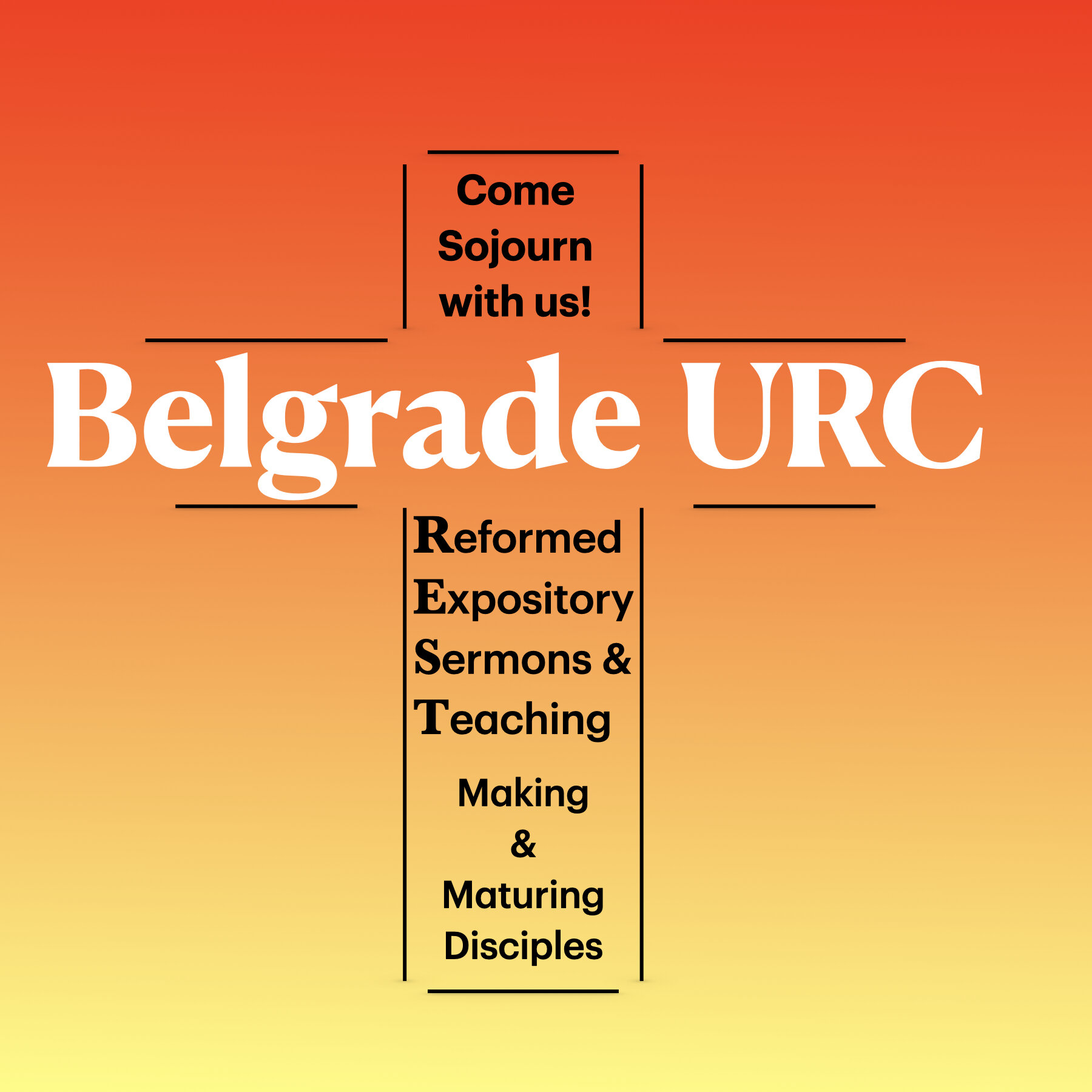
"You Always Had Me" (Luke 15:11-32)
The parable of the prodigal son highlights the contrast between a repentant sinner and a self-righteous individual. The younger son, after squandering his inheritance, returns home seeking forgiveness, possibly with a manipulative mindset, but ultimately accepts his father’s invitation to celebrate and enjoy their restored relationship. The older son, however, resents the grace shown to his brother. The older brother calls to his father’s attention his years of slaving for the family. He fails to see that his father never required him to slave for approval or acceptance but simply to enjoy the merciful status of sonship. This parable teaches that the Christian life is not about proving our worthiness to receive God’s favor but about pursuing our lord, living in communion with Him, and rejoicing in our relationship seeking to live out of gratitude and joy rather than boasting of one’s works.





















